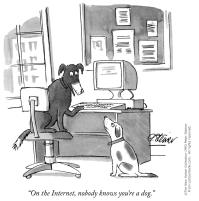I have good news – Senator Larry Farnese has introduced a bill to protect civic associations and other individuals discussing issues of public importance, who are then named in a frivolous lawsuit (“strategic lawsuit against public participation” or “SLAPP”).
Anti-SLAPP laws are vitally important here in Philadelphia, as public participation is written into the Philadelphia Code. Under the law, anyone seeking a zoning variance or Special Assembly Occupancy License must first meet with the local civic association.
However, a chilling trend is emerging. When an applicant doesn’t like what the community has to say, they will file a frivolous lawsuit against the neighbors, bloggers, and the civic association. Defending these lawsuits are expensive for anyone on the wrong end of one, even if they are completely frivolous. SLAPP suits have gotten so out of control that the Old City Civic Association disbanded because it could not procure insurance for its directors and officers due to defending frivolous SLAPP suits. Under current Pennsylvania law, the victim of a SLAPP suit has little recourse against a vexatious plaintiff. Anti-SLAPP laws will punish those who choose to file frivolous lawsuits to curb free speech and public participation.
If you are a resident of Pennsylvania, I urge you to sign this petition and let the legislature know this is an important issue.



 Posted by Jordan Rushie
Posted by Jordan Rushie 




